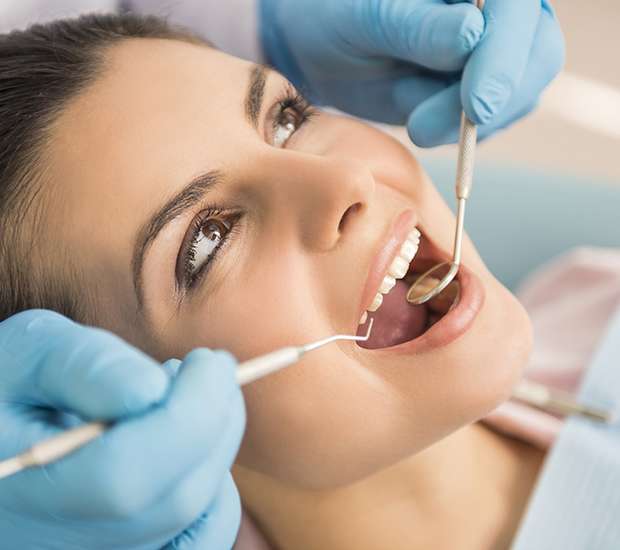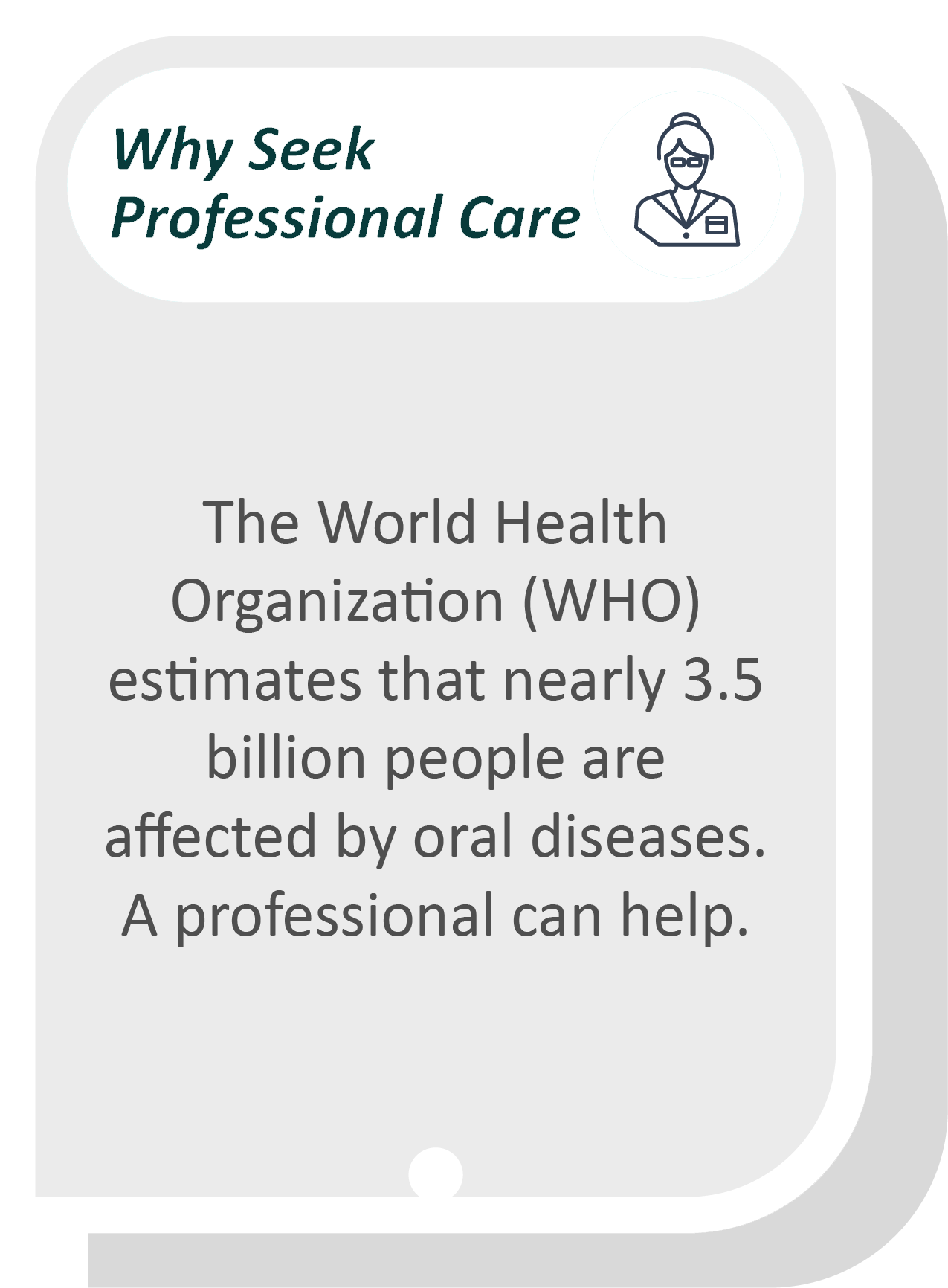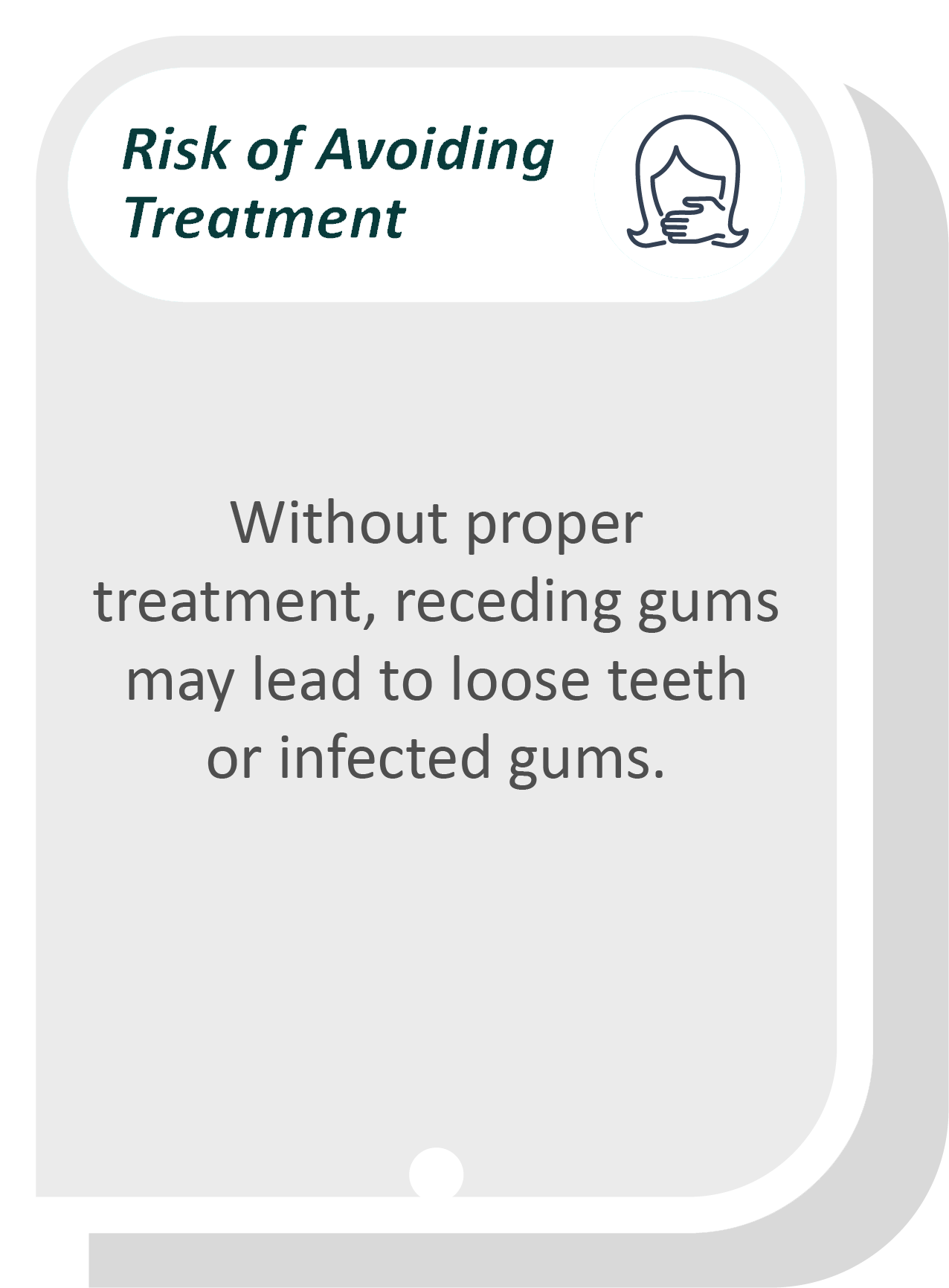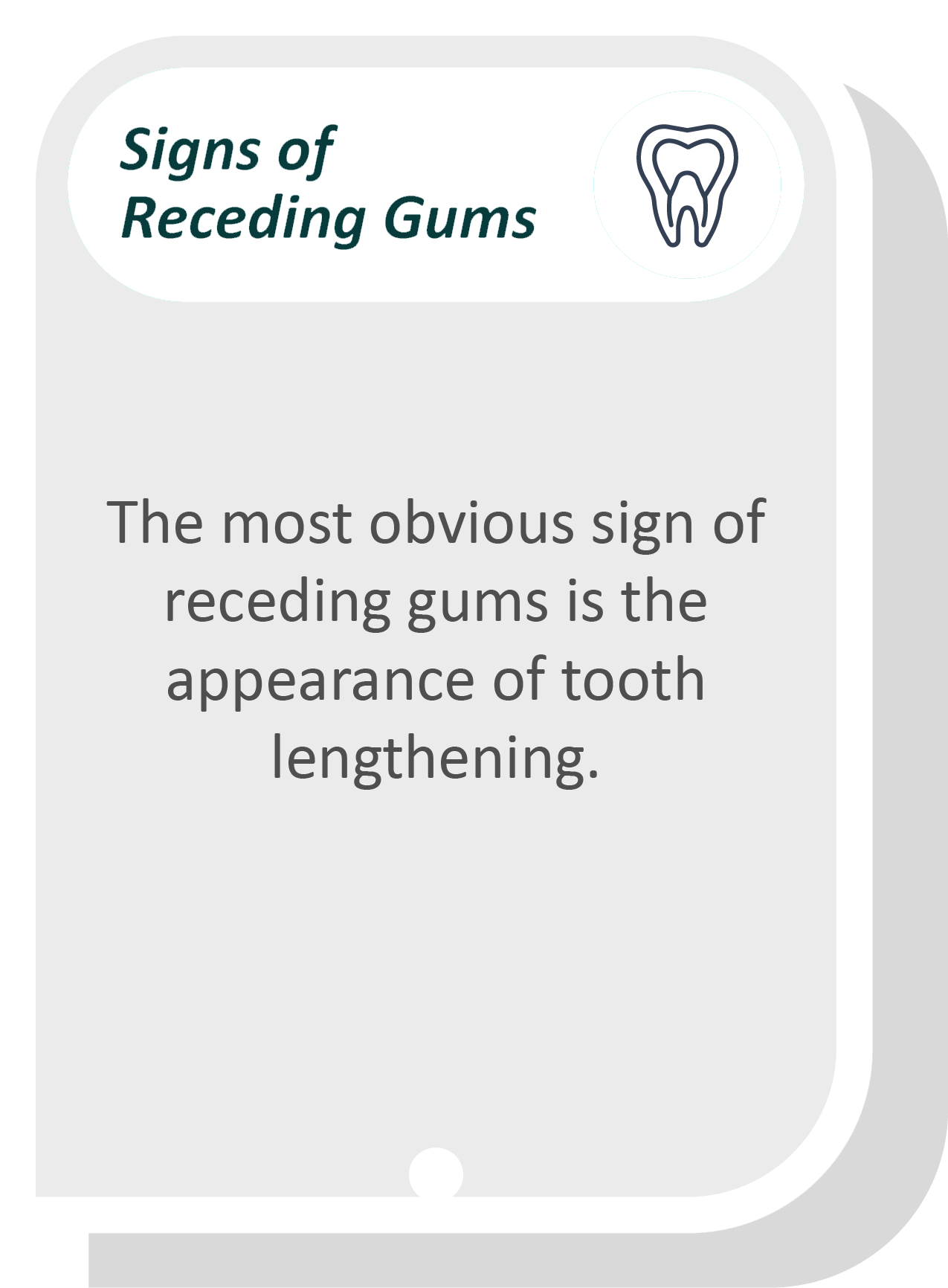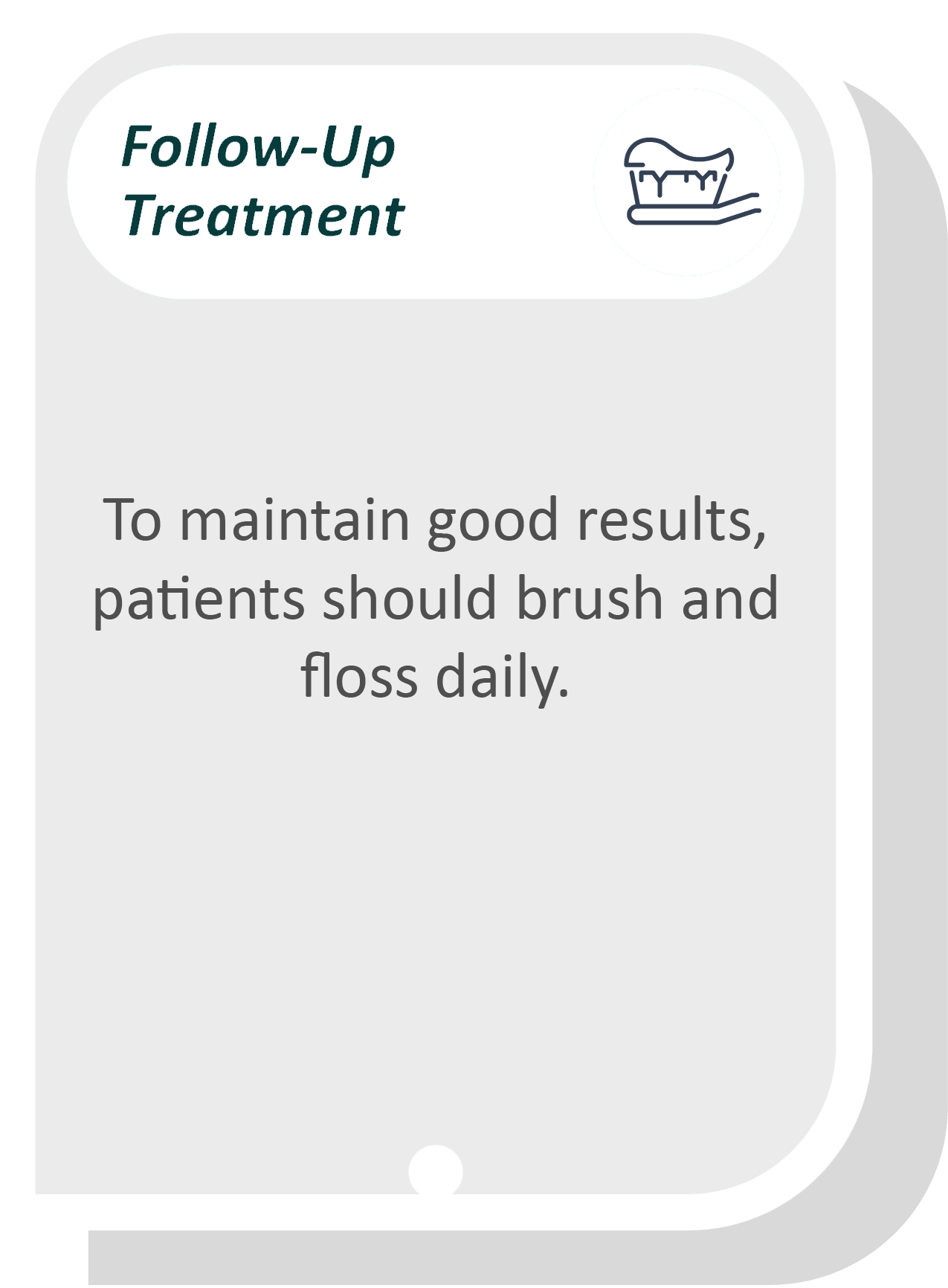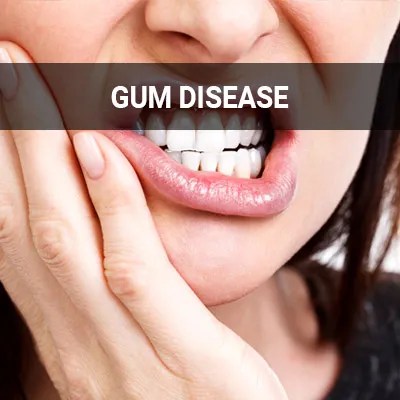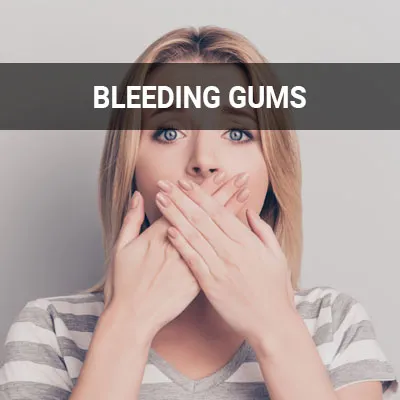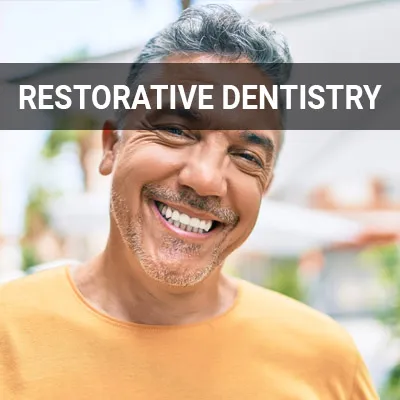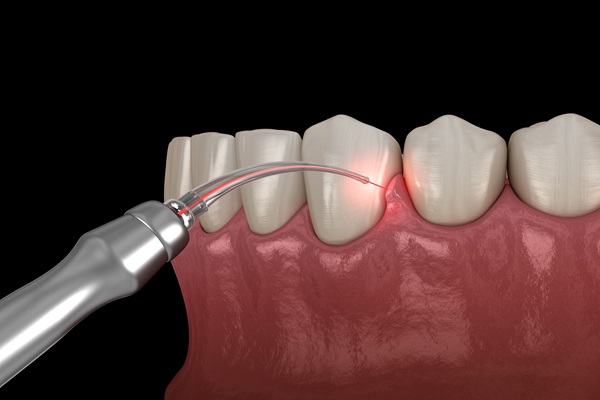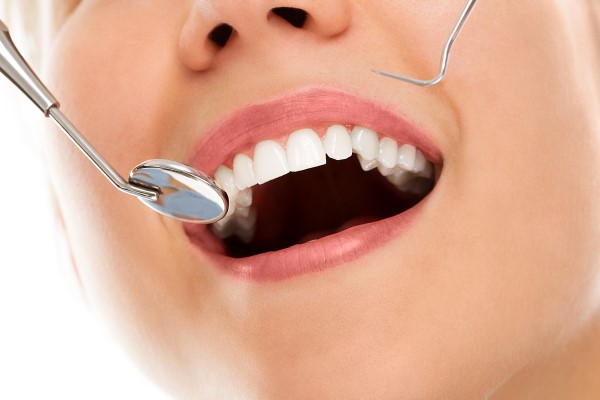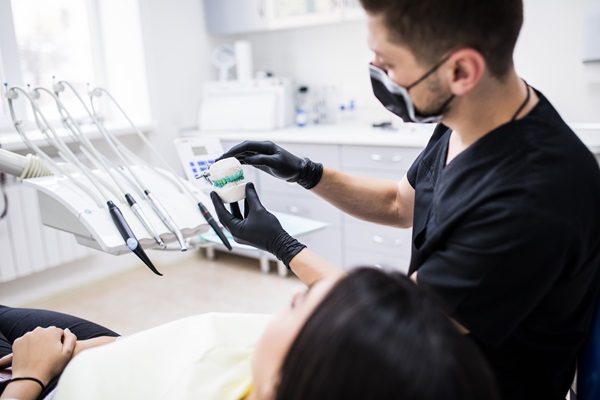I Think My Gums Are Receding Federal Way, WA
While receding gums are often a sign of poor oral health, early treatment can enhance the appearance and promote oral functioning. Without proper treatment, gum recession can cause a variety of complications, oral and systemic. It is important to understand the signs that indicate the gums are receding, preventative measures to take, and possible treatments that may become necessary.
Treatment for receding gums is available at Smile Center Dental Care in Federal Way and the surrounding area. We can help diagnose and treat receding gums, whether minor or severe, through various treatment methods. Call us today at (253) 336-0023 to schedule an appointment or learn more about our services.
Signs of Gum Recession
For some patients, gum recession may set in subtly and go unnoticed for some time. The aesthetic changes following gum recession are the most apparent. These include visibly shrinking gums and exposed tooth roots. However, other common symptoms include:
- Bad breath
- Bleeding after brushing or flossing
- Loose teeth
- Pain at the gum line
- Red, swollen gums
Patients may experience concerns about their appearance during this time, as well as a fear of losing teeth. Additionally, teeth may be particularly sensitive to cold and heat (due to the exposed tooth roots).
“The aesthetic changes that follow gum recession are the most apparent.”
Causes of Gum Recession
Several factors can cause a person's gums to recede, regardless of the state of their oral hygiene. These include aggressive toothbrushing, body piercing, clenching or grinding teeth, crooked teeth or a misaligned bite, hormonal changes, insufficient dental care, periodontal disease, and tobacco products. Genetics may also be a factor. For example, parents may pass down weak, thin gums to their children.
Some patients may also find that their gums are receding only on one side. Usually, this is due to plaque concentrating in one area of the mouth. This may be due to neglecting oral hygiene on one side of the mouth, as excess plaque and bacteria at the gum line may release toxic substances that destroy gum tissue. Alternatively, a misaligned bite may cause more wear and tear to one side of the mouth than the other. Gum recession may happen on only one tooth for similar reasons or some physical trauma.
“Several different factors can cause a person’s gums to recede, regardless of the state of their oral hygiene.”
Treating Gum Recession
Some cases of gum recession are mild enough that they do not need treatment. Still, several treatment options are available for those who need it. These include composite restoration; desensitizing agents, varnishes, and dentin bonding agents; orthodontics; pink porcelain or composite; removable gum veneers; and surgery. Composite restorations are natural-looking, tooth-colored composite resins that cover the surface of the tooth root. They may be used to close any black gaps between the teeth.
Desensitizing agents, varnishes, and dentin bonding agents may help reduce the exposed tooth root's sensitivity. By lessening the nerve symptoms, desensitizing agents may ease the brushing of sensitive teeth and promote oral hygiene. Orthodontics (or braces) are more of a long-term treatment that moves a tooth slowly over time. This repositioning can help correct the margin of the gum.
Pink porcelain or composite that matches the color of the gums can be applied to the "gaps" to reduce the appearance of receded gums. Similarly, removable gum veneers, which usually consist of acrylic or silicone, can be applied in the "gaps." Finally, more severe cases of gum recession may necessitate surgery, usually a gum graft.
“Some cases of gum recession are mild enough not to need treatment.”
Check out what others are saying about our dental services on Google: I Think My Gums Are Receding in Federal Way, WA
Prevention
Following basic oral hygiene practices is usually enough to prevent gum recession. This includes brushing at least twice daily, flossing daily, rinsing after each meal, and visiting the dentist for routine dental checkups and cleanings twice yearly. However, individuals who are at higher risk for gum issues or notice early signs should exercise more precautions. We recommend avoiding plaque-building agents, such as acids and sugars, and visiting the dentist more frequently for deep cleanings to keep the gums clean and healthy.
Going Without Treatment
Receding gums cause thinning of gum tissue, a leading pathway for plaque buildup. Plaque is the single most common cause of infection or gum disease and, in advanced cases, periodontal disease. These diseases of the gums are responsible for edentulous, also known as tooth loss. Weakened gums also loosen the secure hold that gums have on the teeth, which can lead to jaw damage over time. It is crucial that patients seek treatment for gum recession immediately.
“Receding gums cause thinning of gum tissue, a leading pathway for plaque buildup.”
Questions Answered on This Page
Q. What are the symptoms of gum recession?
Q. What can I do about receding gums?
Q. How can I prevent gum recession?
Q. Who is at risk of gum recession?
People Also Ask
Q. What should be included in an at home oral health routine?
Q. What are signs of oral cancer?
Risk Factors
Individuals with healthy pink firm gums should not worry about gum recession. However, if symptoms and signs appear, a thorough oral evaluation is recommended. It is also advisable to know the risk factors to better evaluate one's likelihood of acquiring gum recession.
Medical News Today lists the four most common risk factors of receding gums: age, tobacco, diabetes, and genetics. A study found that 88% of individuals 65 years and older have gum recession and 50 percent of people 18 to 64 years of age have one or more sites with recession. People who smoke, struggle with misalignment issues, or have diabetes, have a higher chance of acquiring gum recession.
“People who smoke, struggle with misalignment issues, or have diabetes, have a higher chance of acquiring gum recession.”
Frequently Asked Questions
Q. Can I improve gum recession at home?
A. Receded gums cannot grow back, so the condition is irreversible. However, practicing exceptional oral hygiene can prevent the progression of recession. Various treatment options are also available to alter the appearance of the gumline.
Q. How long can gum recession go untreated?
A. It is best to treat gum recession as soon as early signs appear or a dentist makes an evaluation. Going without treatment can cause plaque buildup, infection, and gum disease. These conditions, when severe, will likely lead to tooth loss or jaw damage.
Q. Are there natural remedies to keep the gums healthy?
A. All patients should exercise adequate oral hygiene habits, such as brushing, flossing, rinsing, and routinely visiting the dentist. Healthline suggests a variety of home remedies for caring for the gums at home. This should be done alongside the preventative measures listed above.
Q. What kind of toothbrush is recommended to avoid harsh brushing?
A. We recommend using a soft-bristled toothbrush as medium or hard toothbrushes can wear and tear surface enamel and irritate the gums, causing recession to occur. The ADA recommends soft-bristle toothbrushes with angled or multi-layer bristles and electric toothbrushes.
Q. What kind of toothbrush is recommended to avoid harsh brushing?
A. We recommend using a soft-bristled toothbrush as medium or hard toothbrushes can wear and tear surface enamel and irritate the gums, causing recession to occur. The ADA recommends soft-bristle toothbrushes with angled or multi-layer bristles and electric toothbrushes.
Q. Is gum recession linked to any other health conditions?
A. Gum recession is linked to oral health conditions such as gingivitis, gum disease, and periodontal disease. It is also linked to general health conditions such as cardiovascular disease and diabetes. There are certain health conditions that make one more prone to receding gums and vice versa. It is important to mention all health conditions to both your doctor and dentist.
Gum Disease Terminology
Call Us Today
Gum recession can be stressful to experience. We at Smile Center Dental Care may be able to help. Call us today at 253-336-0023 to learn more and schedule an appointment.
Helpful Related Links
- American Dental Association (ADA). Glossary of Dental Clinical Terms. 2024
- American Academy of Cosmetic Dentistry® (AACD). Home Page. 2024
- WebMD. WebMD’s Oral Care Guide. 2024
About our business and website security
- Smile Center Dental Care was established in 2005.
- We accept the following payment methods: American Express, Cash, Check, Discover, MasterCard, and Visa
- We serve patients from the following counties: King County and Pierce County
- We serve patients from the following cities: Federal Way, Auburn, Kent, Des Moines, Tacoma, Fife, Milton, Edgewood, SeaTac, and Algona
- National Provider Identifier Database (1770035289). View NPI Registry Information
- Norton Safe Web. View Details
- Trend Micro Site Safety Center. View Details
Back to top of I Think My Gums Are Receding
